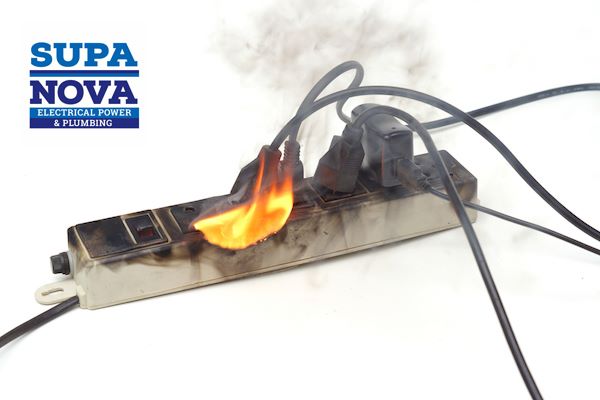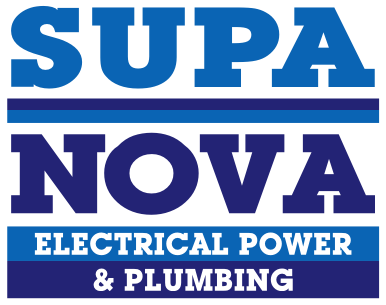WHY POWER SURGES HAPPEN AND HOW TO PREVENT THEM
Modern homes have more electronic devices plugged in now than ever before. While modern electrical grids have become very good at supplying power evenly and safely, power surges are still common.
Power surges are just another reality of owning a home. Every homeowner should know at least the basics about power surges, so they know how to prevent them. Here’s a quick primer on everything you should know about power surges, and what you can do to stop them.
WHAT IS A POWER SURGE?
A power surge is a very fast, very intense power spike in your home’s electrical current. Wall outlets normally supply power called 120 volts AC power. Most home appliances and devices use around this much power, though the actual voltage level fluctuates between 0-169 volts.
When a surge travels into your home’s electrical current, the voltage supplied spikes way beyond the safe limit. Home electronic devices aren’t built to tolerate that much power, which is why power surges can be damaging and dangerous.
WHY DO SURGES HAPPEN?
Most people associate power surges with lightning, and they are one cause. When lightning strikes near a power line, its energy discharge can boost the line’s electrical pressure by millions of volts. That electrical boost runs through the power line and into your house, and BOOM!
Luckily, lightning is one of the rarest causes of power surges. Most surges are a bit more mundane. High-powered home appliances such as air conditioners and refrigerators require a lot of power to switch on. When these appliances request this power, they can inadvertently create a spike. These “switching surges” aren’t as severe as lightning surges, but they can still do damage. Finally, sometimes your electrical company accidentally creates surges during maintenance or operation.
WHY DO SURGES HAPPEN?
Simply put, power surges are an issue because they can be damaging or dangerous. Surges can damage or destroy plugged-in electrical devices. When too much electricity flows through an appliance at once, the appliance could overheat, break down, or even catch fire.
Instead, the power will escape, forming an arc of electricity with the device. This uncontained arc generates heat, which could melt or erode appliance components. A severe enough surge could even start a fire!
HOW CAN I PREVENT SURGES?
The easiest and best way a homeowner can protect against power surges is to use a surge protector. Surge protectors are basically power strips. They contain one input to be plugged into the wall, and several outlets to plug other devices into.
The difference between a power strip and a surge protector is surge protectors absorbs any excess energy running through them. During a surge, the protector redirects excess voltage toward the grounding wire to neutralize it. Service-panel surge protectors work the same way, but they fit directly onto your circuit breaker.
For more information on power surges, please contact us on:
011 485 1324 or irwin@supanova.co.za or 082 891 1577


Ensuring Efficiency

Supa Nova Blog
A collection of industry articles, suggestions and issues.